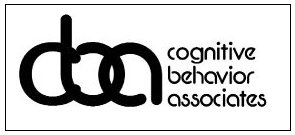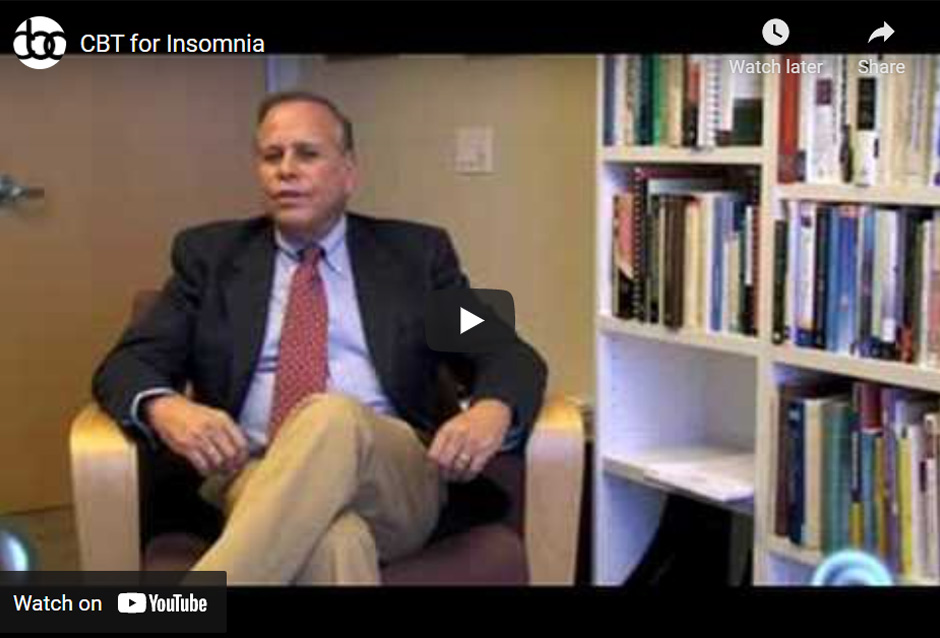Insomnia
Insomnia disorder is a specific type of sleeping disorder in which the primary complaint is dissatisfaction with sleep quantity or quality. Insomnia disorder can be associated with difficulty falling asleep, trouble staying asleep, or early-morning awakening with the inability to return to sleep. The sleep disturbance must also:
- Be present for at least 3 months
- Occur at least 3 nights per week
- Cause significant distress or impairment in functioning
- Occur despite adequate opportunity for sleep
- Another sleeping disorder cannot better explain the sleep disturbance (e.g., sleep apnea).
- A substance (e.g., a drug, a medication) cannot better explain the sleep disturbance.

While 5% to 15% of adults meet all of the above criteria for insomnia disorder, 33% to 50% of adults report dissatisfaction with sleep (Journal of Clinical Sleep Medicine, 2008). Symptoms of insomnia are associated with impairment in cognition, mood, and performance. Insomnia is frequently diagnosed with other psychological conditions, especially depression, anxiety, and substance abuse. Research suggests a bi-directional relationship between insomnia and depression, meaning worsened insomnia is associated with worsened depression and vice-versa. Even if you don't meet the full criteria for Insomnia Disorder listed above, any symptoms of insomnia can cause significant problems and can be successfully treated with Cognitive Behavior Therapy for Insomnia (CBT-I).
In the US, Insomnia is commonly treated with medications, including benzodiazepines (e.g., Xanax), or other hypnotics (e.g., Lunesta). However, evidence shows that medications are not a cure for insomnia. Frequently using medications to sleep can lead to dependence, meaning you must take the medication or you cannot sleep. It can also lead to tolerance, or the need to take higher and higher doses to be able to sleep. Medications are also associated with side-effects such as daytime sleepiness and grogginess when waking. Because of concerns about the long-term use of medications for insomnia, the American Academy of Sleep Medicine recommends CBT-I as the first-line treatment for chronic insomnia (J Clin Sleep Med, 2017).
Over-the-counter and herbal supplements have been researched less than prescription medications for insomnia. So far, there's little evidence that they improve insomnia. According to limited research, valerian extract and melatonin may help people fall asleep more quickly. It does not have any effect on total amount of time asleep (Journal of Clinical Sleep Medicine, 2008). Melatonin is thought to be better for shifting your sleep schedule (e.g., when changing time zones) than for improving sleep in general.
Present findings indicate that CBT-I is more effective than medications or a placebo for the treatment of insomnia. In contrast to people who only take medications to sleep, individuals who complete CBT-I treatment can actually "cure" their insomnia (Archives of Internal Medicine, Sept. 2004). Programs based on CBT-I have demonstrated that 100% of insomnia patients reported improved sleep, and 75% became normal sleepers. CBT-I is so effective that people increased their sleep duration to almost 7 hours per night. Also, 91% reduced their use of sleeping pills, and 40% were able to discontinue sleeping medication entirely.
Cognitive behavior therapy for insomnia is based on sleep research showing that distressing thoughts and feelings at bedtime are partially to blame for sleeping problems. When faced with temporary difficulty sleeping, people develop problematic cognitions and behaviors. These include remaining in bed awake for a long time, negative expectations about sleep, and heightened anxiety and frustration about not sleeping. These responses to difficulty sleeping worsen the sleep disturbance and eventually spiral into a full insomnia disorder.
Because insomnia is just one of many types of sleep disorders, your clinician will start with a careful assessment of sleep problems. It may be helpful to collaborate with your doctor to rule out other sleep disorders, such as sleep apnea (disrupted breathing during sleep). If you have sleep apnea, we want to make sure it is treated correctly before beginning CBT-I.


